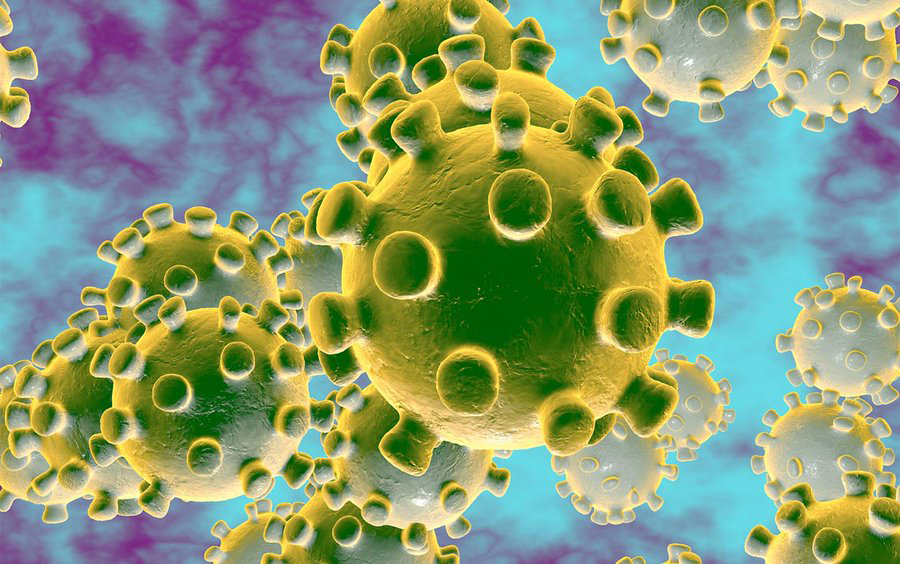Coronavirus and Social media's role in spreading misinformation
Coronavirus misinformation on social media

Corona Virus image found on twitter from account @GCICUganda.
CBS News clip describes how social media has fueled the spread of false information about the corona virus and Tanya Basu, a senior reporter from MIT is joined CBSN AM to talk about the problem and how it is evolving.
Personally, throughout the start of the spread of the COVID-19, I have been using social media to access the most recent updates regarding the virus. I have used many social media apps including Instagram, Facebook and Snapchat - which have been giving facts, tips and ideas on how to stay healthy. But how much of this information is TRUE and useful? This news clip from CBS describes that social media can be a great way to spread information widely, but what we are seeing and hearing is not always true.
This virus started in Wuhan, China and has spread across the world. There has been misinformation and racism regarding this virus exploding on the media. WHO developed the term infodemic, which describes "an overabundance on information - some accurate and some not - that makes it hard for people to find trust worthy sources and reliable sources when they need it". People are looking online for ways to protect themselves.

As if the racist comments were not enough, social media platforms are creating racist memes and slurs. These can be videos, tweets, posts that can be shared quickly. This is something so horrible because if people see these, it puts false information in their head and they can become xenophobic. If posts are implementing the idea that all Asians are sick, more people begin to believe this false information.
With that, people can not believe everything they read. CBS suggests that if you are reading something make sure it is coming from a reliable news source. I personally believe that for people to keep accurate information flowing, people should look to see that it is coming from a reliable news source AND from places like WHO or someone from a professional medical standpoint. The flow of information is so fast that people are sharing false information so quick. Censorship can take down videos with false information before it can be streamed to millions of people everywhere. People need to be careful that they are reading/ sharing false information and check sources. Do some follow up research. Take that extra few minutes.
All though the media has been doing some harm with sharing false information, a lot of people are actually finding solace through the internet. As we are advised to stay indoors, or in other words "quarantine", many people are becoming lonely and can be surrounded by nothing but their own thoughts. Social media has actually been benefiting some people.
Many people are feeling alone in their homes and are using social media to connect with one another. Many people can not be celebrating or spending time with family, but social media has been able to fix that with connecting. They can communicate with one another on apps - comment, shares, reposts. People are able to use apps that have a face face-to-face video option (like FaceTime). This is a great time to catch up with some friends and family that we would normally not be able to do on a normal day. We can take advantage of this time and rebuild some weakened relationships.


Comments
Post a Comment